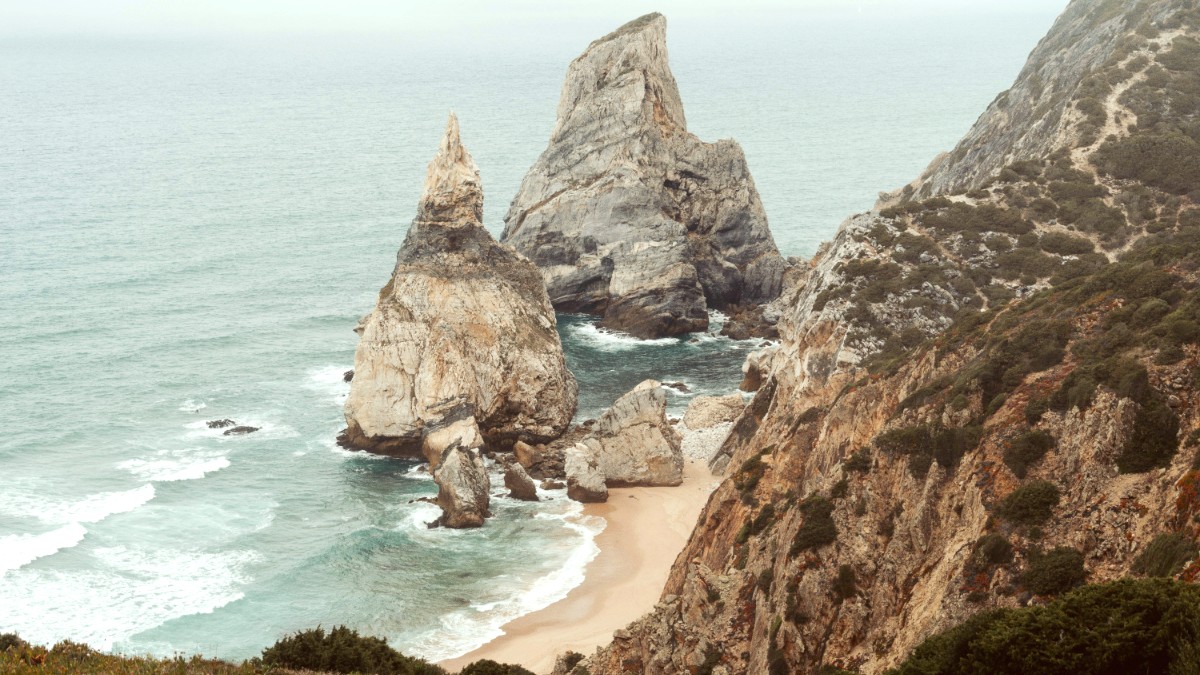
Lisbon, Portugal
Cascais borders Sintra-Cascais Natural Park. Stick to marked trails, avoid disturbing wildlife.
Portugal uses color-coded recycling bins (ecopontos): blue for paper, yellow for plastic/metal, green for glass.
Portugal experiences drought. Be mindful of water use; take shorter showers and reuse towels.
Choices you make lessen your environmental footprint.
Simple actions contribute to environmental well-being.
Prioritize eco-friendly ways to move around.
Find lodging committed to the environment.
Select operators committed to responsible tourism.
Support organizations dedicated to ecological protection.
Visit The Rainforest SitePrioritize products that have minimal environmental footprint.
Explore Package Free ShopYour small actions assist in preserving Cascais's environment. Embrace local transit and support green initiatives.
Respectful interactions with locals and their culture deepen your visit.
Portugal has a rich cultural heritage, from its Fado music to its traditional crafts and architecture.
Portuguese people are generally welcoming and friendly.
Photographing public spaces is generally fine.
Modest dress is appreciated when visiting churches.
Grasping common behaviors fosters smooth interactions.
Lines are generally respected; wait for your turn.
Portuguese people are often friendly and helpful.
Lunch and dinner are typically later than in North America.
Tourism spending directly supporting the local community forms part of responsible travel.
Seek tours and experiences that involve local communities.
Purchase goods from local artisans.
Your dining and accommodation choices make a difference.
Dine at locally owned restaurants and cafes.
Stay in locally owned guesthouses or boutique hotels.
Purchase daily needs from local bakeries and grocery stores.